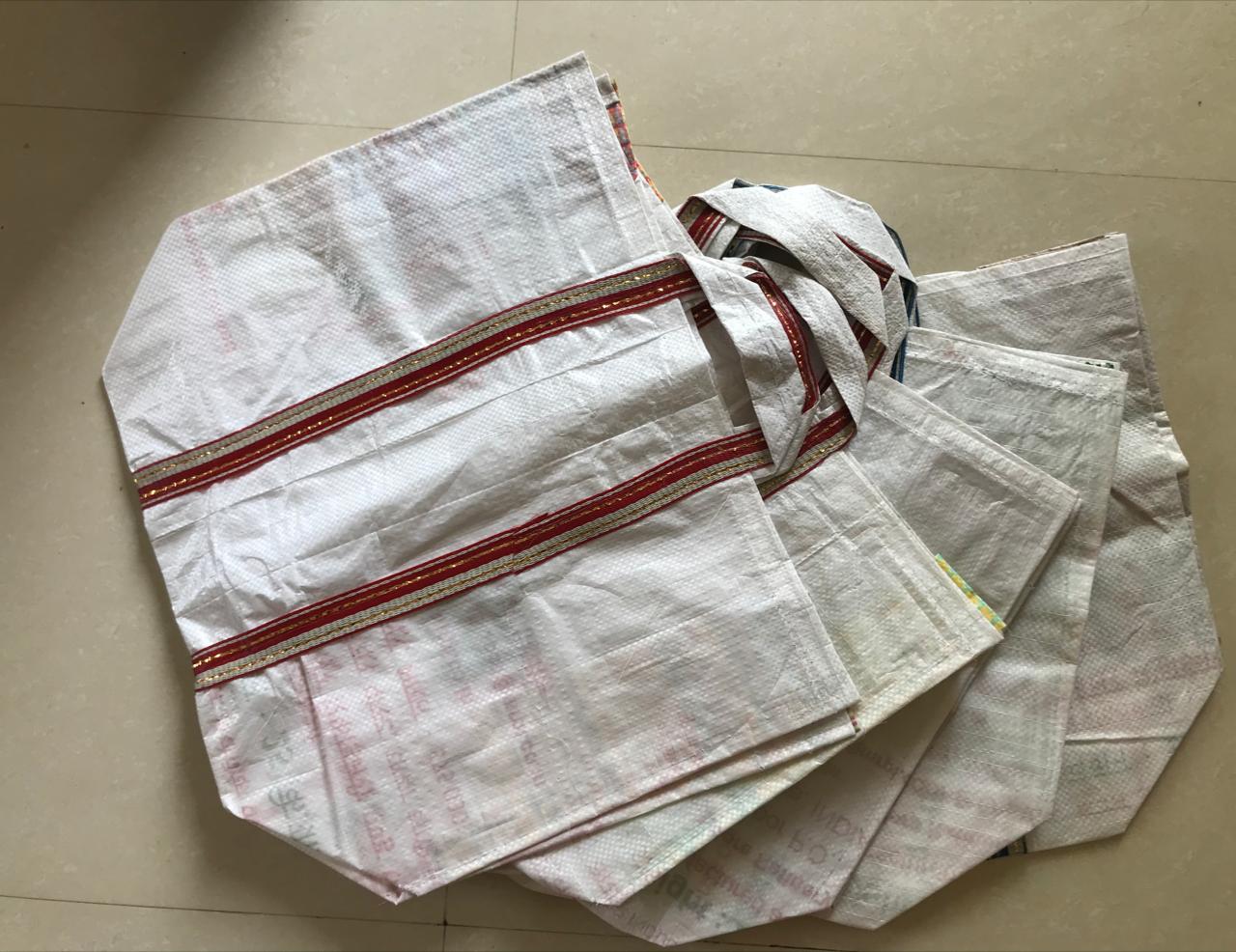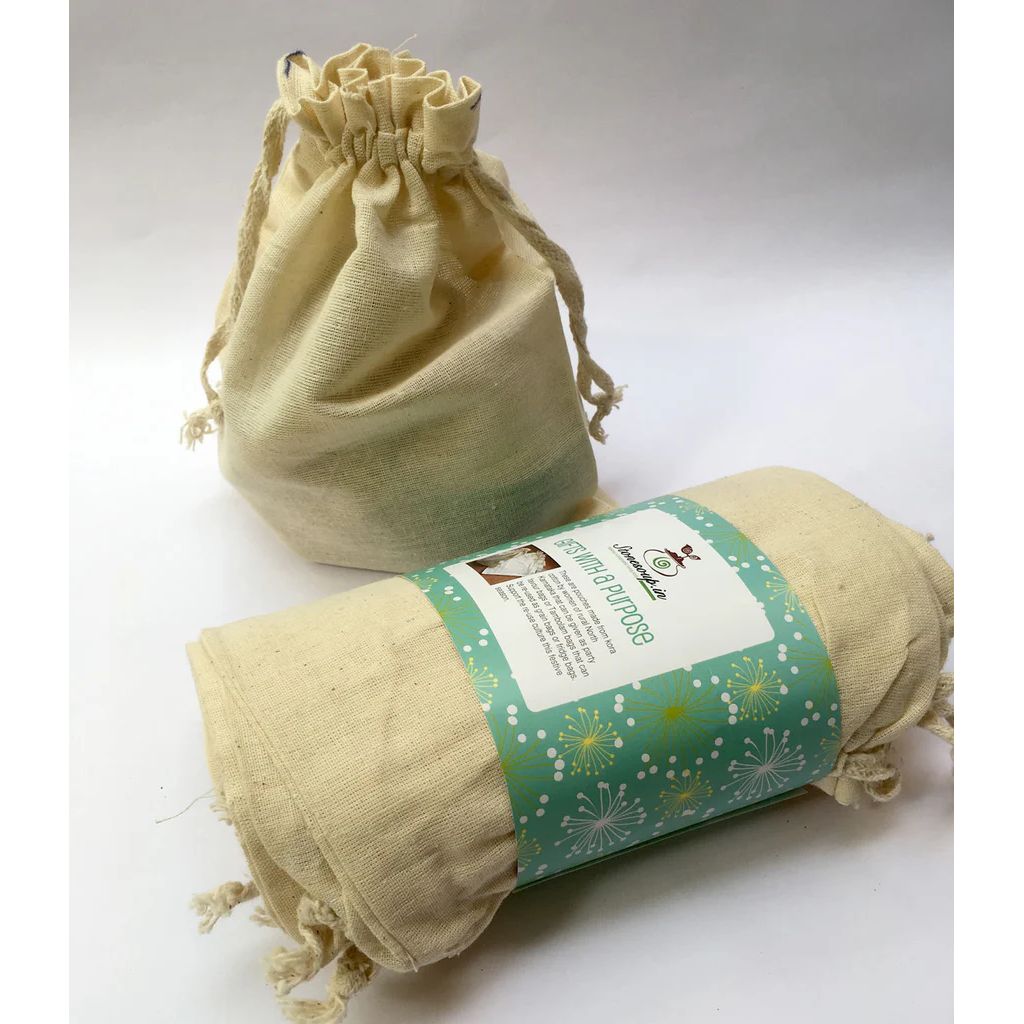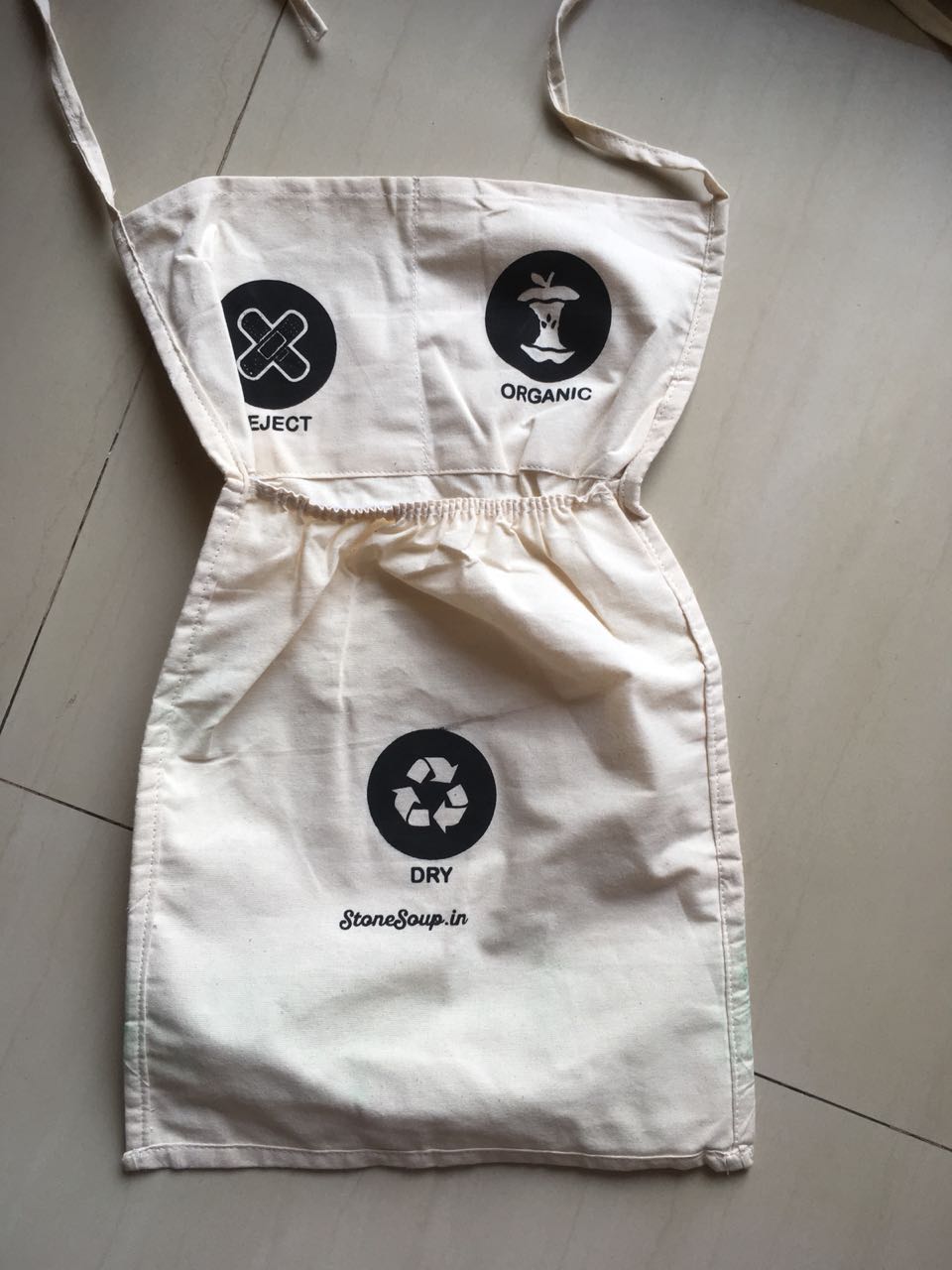Hymen myths have lived on for centuries because of their cultural significance in almost all cultures and religions; a woman's purity is directly related to the presence of her hymen. Hymen is said to be the proof of women's virginity. Women are shamed and scrutinized; are made to prove that they are not "ruined"
According to Merriam Webster, a Virgin is defined as a person who has not had sexual intercourse.But time and again people relate it to presence of hymen.
The common myths associated with Hymen is as follows:
1. An intact hymen means one is still a virgin.
2. Tearing of Hymen makes a woman bleed.
3. Hymen disappears once broken.
Most people believe that hymen is a fragile seal that can be broken even though medically it is known that hymen is a rim of tissue around the vagina which is like a doughnut with a hole that is stretchable.
Hymen is elastic like a scrunchy (rubber band) in function and by looks although hymen may vary women to women with respect to shape and size.
So, if a woman has a super-elastic hymen she may never bleed even with an insertion of a menstrual cup or sexual intercourse. Whereas, if a woman or a girl's hymen is not elastic enough she might bleed because of strenuous activity other than sexual intercourse like sports, swimming, horse-riding, dancing, brisk walking and tampon use.
The same way, a menstrual cup is the healthiest choice available to us today, a cup which is made of medical grade silicone which can last for as long as 10 years, is better than pads and tampons, basically a chemical and plastic free solution to a happy period! Women can play sports, go swimming and dance their heart out during periods without worrying about leakage and harmful chemicals.
Why worry about myths that have been around for years with no validity. Let us encourage young girls to choose a healthier option for themselves whether it is sports or dance or hygienic option for their menstrual cycle.
Content inspired and taken from TedTalk - Virginity Fraud by Nina Dølvik Brochmann & Ellen Støkken AND Womenshealthline





Hey, thank you for explaining these virginity myths. It’s helpful.